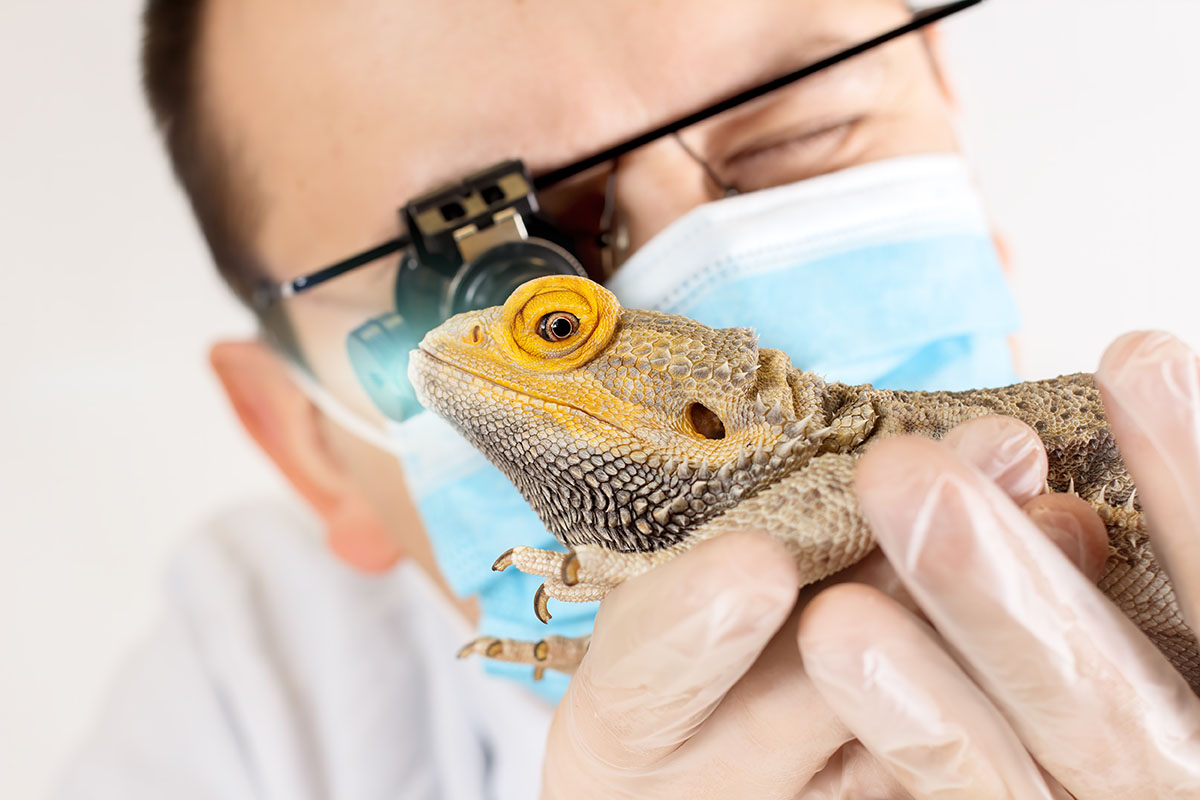
herpetology
Definition
Herpetology is the branch of zoology that studies reptiles and amphibians. Herpetologists are scientists who study the behaviour, anatomy, and ecology of these animals. They also study the threats that reptiles and amphibians face and how to protect them.
Reptiles are cold-blooded animals that have scales. They include snakes, lizards, turtles, and crocodiles. Amphibians are cold-blooded animals that have smooth skin. They include frogs, toads, and salamanders.
Herpetologists use a variety of methods to study reptiles and amphibians. They observe these animals in their natural habitats, collect specimens to study in the laboratory, and use DNA analysis to study their evolutionary relationships.
Herpetologists play an important role in conservation. They help to identify and protect important habitats for reptiles and amphibians. They also work to educate the public about these animals and the threats that they face.
How can the word be used?
The herpetologist collected samples of snakes and frogs from the rainforest.

Different forms of the word
Noun: herpetology.
Adjective: herpetological.
Adverb: herpetologically.
Etymology
The word "herpetology" comes from the Greek words "herpeton", meaning "creeping thing", and "logos", meaning "study of". It was first used in English in the 19th century to refer to the study of reptiles and amphibians.
Question
What is herpetology the study of?
AQA Science Exam Question and Answer
Question:
Explain the field of herpetology and its significance in studying reptiles and amphibians, highlighting the role of herpetologists in conservation and understanding ecosystem dynamics.
Answer:
Herpetology is the scientific study of reptiles and amphibians, encompassing their biology, behaviour, ecology, and conservation. Herpetologists play a crucial role in advancing our understanding of these diverse and often misunderstood creatures.
By studying reptiles and amphibians, herpetologists contribute to our knowledge of biodiversity, ecosystem health, and the impacts of environmental changes. They investigate species distribution, behaviour, and interactions with other organisms, shedding light on intricate ecological relationships. This understanding is vital for preserving balanced ecosystems.
Herpetologists also play a key role in conservation efforts. They assess the status of reptile and amphibian populations, identify threats they face, and develop strategies for their protection. Many reptile and amphibian species are indicators of environmental health, and changes in their populations can signal broader ecological issues.
Moreover, herpetologists study the potential medical applications of reptile and amphibian venoms, toxins, and compounds. Their research contributes to advancements in fields such as medicine and pharmacology.
In essence, herpetology is more than just the study of reptiles and amphibians; it provides valuable insights into broader ecological systems and our responsibilities as stewards of the natural world. The work of herpetologists is essential for safeguarding these remarkable creatures and the ecosystems they inhabit.